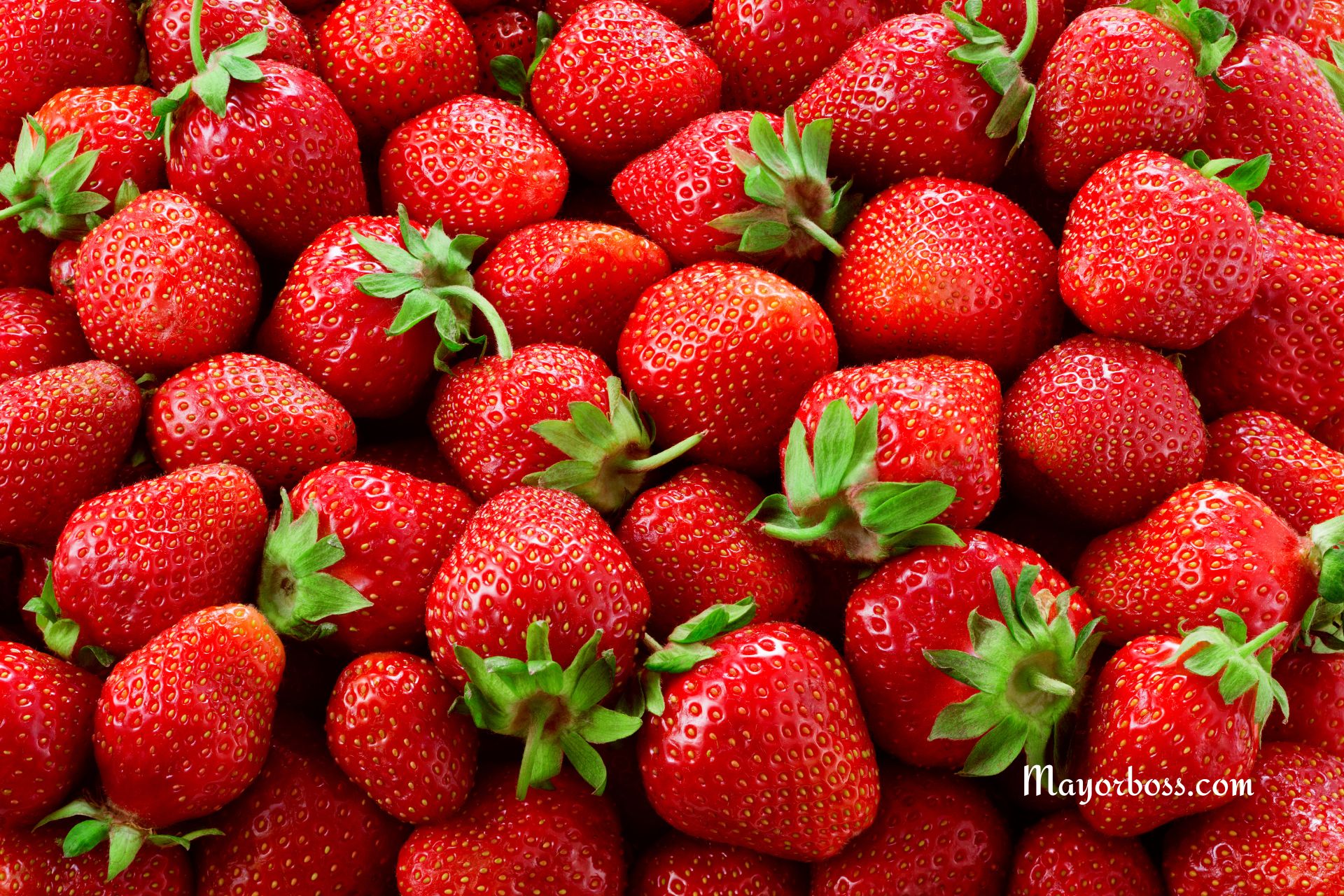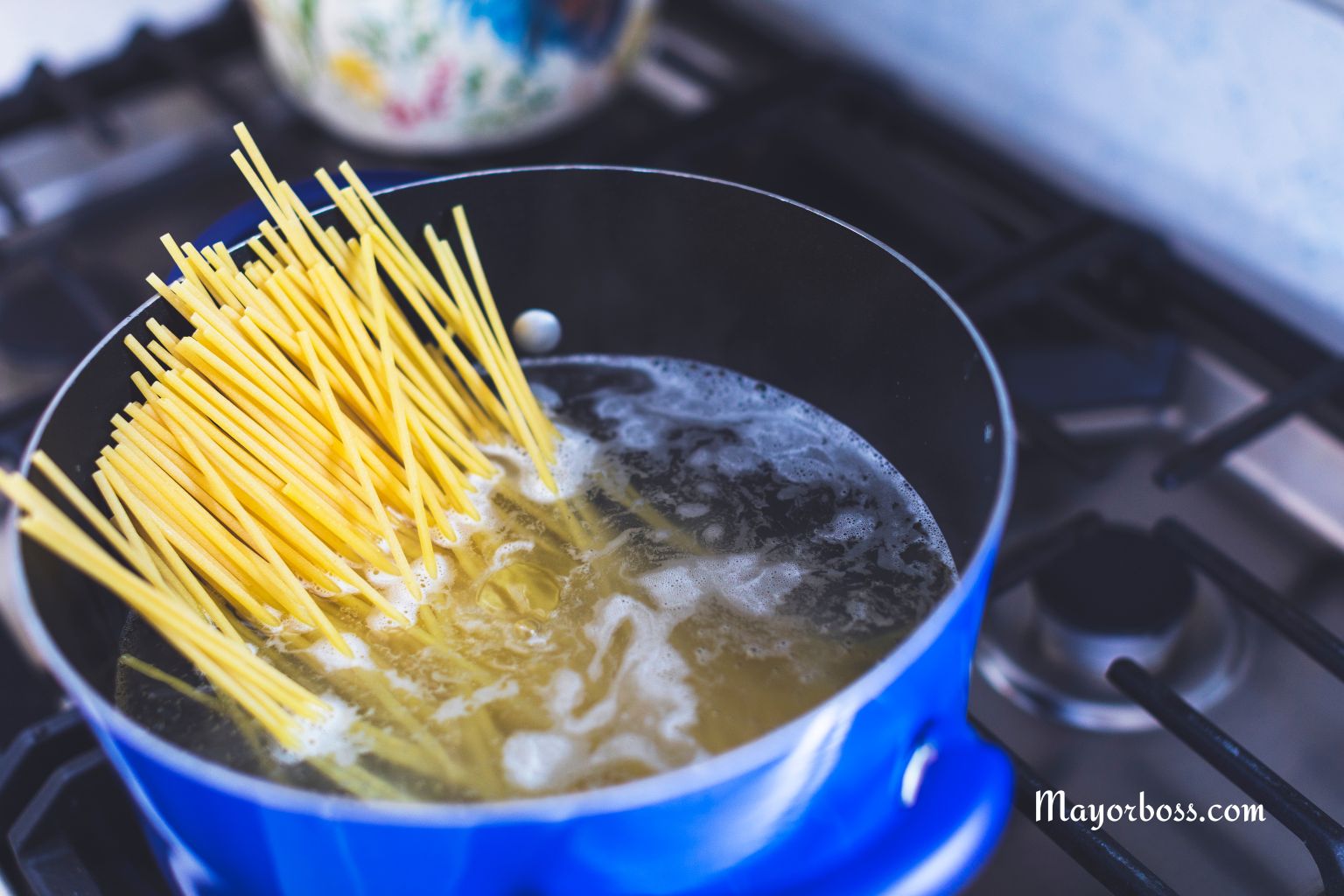Foods That Can Lower Your Blood Pressure
High blood pressure can be a silent killer. It is linked to a range of health problems, including kidney problems, stroke, and heart disease. But did you know that there are certain foods that can help lower your blood pressure?
It’s true! Medical research has shown that certain food like fruits and vegetables, whole grains, fatty fish, and nuts can lower blood pressure.
In this article, I will tell you some superfoods known for their ability to help keep your blood pressure in check. So if you’re looking for natural ways to manage high blood pressure, look no further – these delicious foods may just become your new best friends!
The DASH diet
The DASH diet (Dietary Approaches to Stop Hypertension) is a lifelong approach to healthy eating created to help treat or prevent high blood pressure, also known as hypertension.
It emphasizes fruits, vegetables, whole grains, low-fat dairy products, poultry, fish, and nuts while limiting foods with lots of added sugars, saturated fat, and sodium.
The DASH diet can help you lower your blood pressure and cholesterol levels, reduce your risk for heart disease and maintain a healthy weight.
Foods that help lower blood pressure
1. Beet
Beets are rich in nitrates, which help to widen blood vessels and lower blood pressure.
A study published in the Journal of the American Heart Association found that people who ate beets or beet juice daily had a significant decrease in both systolic and diastolic blood pressure.
2. Oatmeal
Oatmeal is an excellent source of dietary fiber, which helps reduce cholesterol levels and reduces blood pressure. It also contains potassium and magnesium, which help control blood pressure. Oats have been proven to be an effective way to reduce systolic blood pressure when consumed daily.
3. Bananas
Bananas are a great source of potassium, which helps maintain healthy levels of sodium in the body. This balance is important for regulating blood pressure and making sure it doesn’t get too high.
Bananas also contain fiber, vitamin C, and magnesium – all of which can help reduce stress and improve heart health. Recommended daily serving: 1-2 bananas.
4. Garlic
Scientists believe compounds called allicin and S-allyl-cysteine in garlic have a positive effect on blood vessels. It helps relax blood vessels, allowing for better blood flow and improved circulation.
It also acts as an anti-inflammatory agent, helping to reduce inflammation that can lead to high blood pressure.
5. Citrus fruits
Some evidence suggests that consuming citrus fruits, such as oranges, grapefruit, and lemons, may help decrease your blood pressure.
Scientists believe that hesperidin, an antioxidant found in citrus fruits, may help reduce inflammation and relax the muscles in your arteries.
It can also increase levels of nitric oxide, which helps to widen blood vessels and reduce blood pressure.
6. Fatty Fish
Most people are familiar with the benefits of omega-3 fatty acids when it comes to heart health. It’s also been found that they can help lower blood pressure. Fatty fish such as salmon, mackerel, tuna, and sardines are all good sources of omega-3 fatty acids.
Recommended daily serving: 2-3 servings of fatty fish per week.
7. Leafy Greens
Leafy greens such as spinach, collard greens, and kale are high in potassium and magnesium, which help reduce blood pressure naturally. They also contain antioxidants that protect the heart from damage caused by inflammation and oxidative stress.
Most experts agree that eating 2-3 cups of raw or cooked leafy veggies per day can help lower systolic and diastolic blood pressure.
8. Berries
According to scientific studies, berries are good food that is effective at lowering blood pressure and decreasing inflammation.
The polyphenols in blueberries, strawberries, and raspberries can help relax the walls of your arteries and significantly lower blood pressure.
9. Legumes and Beans
Chickpeas, kidney beans, black beans, and other legumes are antihypertensive foods due to their high amounts of fiber, magnesium, and potassium.
They also help lower cholesterol levels, which can also contribute to high blood pressure.
10. Yogurt
Yogurt is rich in calcium, which helps keep your blood pressure under control by helping the muscles around your vessels relax. Plus, yogurt is high in potassium, which helps counteract the effects of sodium and reduce your overall blood pressure.
Aside from that, yogurt contains probiotics that help regulate your gut bacteria, which can also have a positive effect on your heart health.
11. Nuts and Seeds
Pistachios, walnuts, almonds, flaxseeds, and sunflower seeds have omega-3 fatty acids. These help to reduce inflammation in your arteries and decrease your blood pressure.
Besides that, they are also a good source of potassium and magnesium, two nutrients that maintain blood pressure.
12. Watermelon
According to research, because watermelon has antihypertensive properties, it contains compounds such as lycopene and citrulline, which help to relax blood vessels and lower blood pressure.
13. Sweet potato
Rich in potassium, sweet potatoes can help reduce sodium levels in your body and improve blood pressure. Also, the carotenoids present in sweet potatoes can help protect your heart from damage caused by oxidative stress.
14. Dark Chocolate
It may be hard to believe, but dark chocolate is actually good for your health! Consuming dark chocolate with at least 70% cocoa can aid in reducing blood pressure.
This is because the flavanols present in dark chocolate are thought to have a positive effect on blood vessels and lower blood pressure levels.
15. Tomatoes
Some studies show that eating tomatoes can help decrease blood pressure. This is because they are high in lycopene, which has antihypertensive properties and helps to relax blood vessels.
16. Celery
Celery contains phytochemicals that can help lower your blood pressure. It is also high in potassium, which helps counteract the sodium in your body and lower blood pressure levels.
Not to mention, celery is a rich source of dietary fiber, folate, and vitamin K – all of which can help improve heart health.
17. Pomegranates
Rich in polyphenols, which are plant compounds that have been shown to help lower blood pressure. Evidence suggests drinking pomegranate juice may help decrease systolic and diastolic blood pressure.
The bottom line
Eating the right foods can help lower your blood pressure naturally. Fatty fish, leafy greens, berries, legumes and beans, yogurt, nuts and seeds, sweet potato, tomatoes, and celery are all good foods that may have a positive effect on your heart health. Make sure to include them in your diet to help reduce blood pressure.
Also read: 7 Herbs For High Blood Pressure
Article Sources
- NIH. (2021, January 4). DASH Eating Plan | NHLBI, NIH. Retrieved from Nih.gov website: https://www.nhlbi.nih.gov/education/dash-eating-plan
- Kapil, V., Khambata, R. S., Robertson, A., Caulfield, M. J., & Ahluwalia, A. (2015). Dietary Nitrate Provides Sustained Blood Pressure Lowering in Hypertensive Patients. Hypertension. https://www.ahajournals.org/doi/10.1161/HYPERTENSIONAHA.114.04675
- 13 Foods That Lower Blood Pressure. (n.d.). Retrieved from WebMD website: https://www.webmd.com/hypertension-high-blood-pressure/ss/slideshow-hypertension-low-bp-foods
- Kubala, J. (2020, September 7). The 17 Best Foods for High Blood Pressure. Retrieved from Healthline website: https://www.healthline.com/nutrition/foods-high-blood-pressure
- MD, J. N. (2022, December 22). Foods That Lower Blood Pressure: What to Eat and What to Avoid. Retrieved February 6, 2023, from K Health website: https://khealth.com/learn/hypertension/foods-that-lower-blood-pressure/






